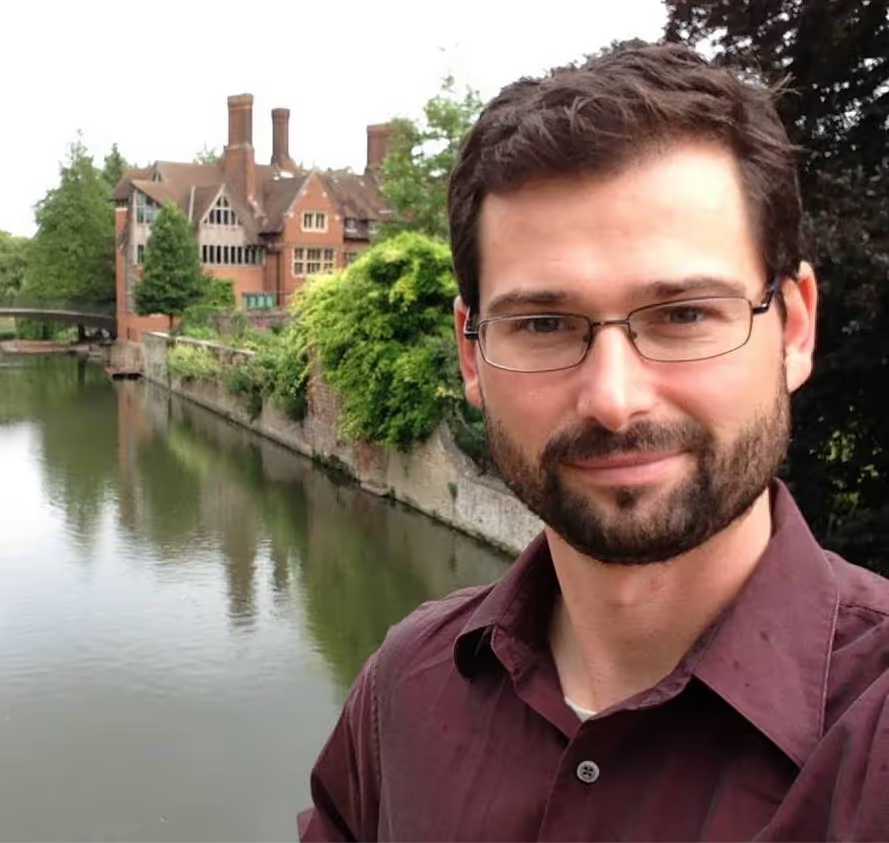Charles Darwin’s theory has revolutionized biology, impacting every aspect of the modern life sciences. However, some applications of his theory to social policy have left us with a legacy that is both shameful and chilling. Today, the term "Social Darwinism" is associated primarily with the moral justification of inequality, resulting in policies such as withholding welfare for the poor, colonialism, eugenics, and genocide.
This View of Life would like to confront this legacy directly. A thorough examination is needed for the old Social Darwinism to be laid to rest and replaced with a new set of associations so that modern evolutionary science can be used in a positive sense to understand and improve the human condition. This is similar to the truth and reconciliation commissions that enable nations such as South Africa to acknowledge and move beyond past injustices—hence the title of our theme.
To that end, we will feature articles and interviews on both the historical and contemporary applications of Darwin’s theory to human life. The story that we plan to tell is complex, as befits the actual history of the subject. The tapestry that we weave will include the following threads:
- In some cases, evolutionary theory has indeed been used to justify inequality, as typically associated with the term Social Darwinism. These cases need to be acknowledged and understood against the background of their times.
- Evolutionary theory has also been used to promote cooperation and equality from the beginning, including Darwin himself. These cases also need to be acknowledged so that the impact of Darwin’s theory on human affairs is not seen as entirely negative.
- In some cases, evolutionary theory is falsely accused of being used to justify inequality. There is little evidence that it played a role in Nazi war policy, for example. In these cases, truth and reconciliation means absolving evolutionary theory of these particular injustices.
- The uses and misuses of evolutionary theory need to be weighted against the uses and misuses of other worldviews, such as religions, tribal and national identities, "blank slate" theories of human nature, and economic theories that justify laissez faire policies. Is evolutionary theory especially prone to misuse, or do we need to be vigilant about the justification of inequality in a more general sense?
- The uses and misuses of any human worldview need to be weighted against the dynamics of cooperation and competition in all social species. The evolutionary distinction between proximate and ultimate causation is important in this regard. The social arrangements recognized as just or unjust in human terms are favored by ecological conditions in humans and nonhumans alike (ultimate causation). Species differ in the psychological mechanisms that cause them to behave as they do and symbolic belief systems (worldviews) operate more strongly in humans than most other species (proximate causation). To focus only on worldviews in humans is to ignore the ultimate causes of inequality in all species.
- Major architects of the human social sciences had their own reasons to divorce their disciplines from "biology" that had little to do with misuses of evolutionary theory. These factors need to be understood and addressed for evolutionary theory to play the same role in the human-related sciences that it does in the life sciences.
- The reason to thoroughly revisit the past is to maximize the positive use of evolutionary theory and guard against injustices in the present and future. Our theme will therefore end with ethical considerations for the modern-day application of evolutionary theory to understand and improve the human condition.
Leading historians and evolutionary thinkers will help us tell this complex but fascinating story. The interviews and articles will be substantive enough to help shape professional discourse but accessible enough to attract the interest of the general public.
It is our goal to make contemporary researchers aware of the pitfalls that history teaches at the same time that we offer a vision for how evolutionary biology can be utilized in a positive direction for our society. Darwin spoke of grandeur in this view of life and it is our mission to insure that his legacy lives up to this high standard.











